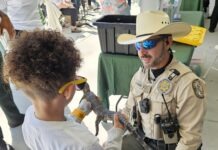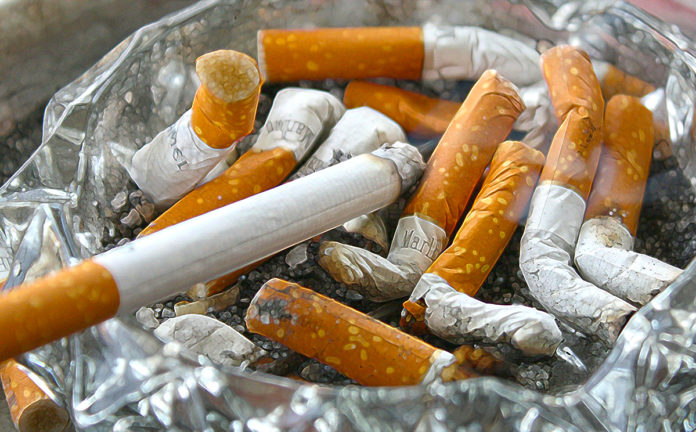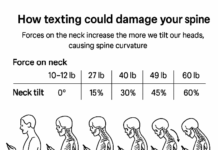The other day, as I was returning my shopping cart to the corral at the local grocery store in Big Pine, I watched a lady take her last drag off her cigarette and then flick the butt out the window. Seriously, you are in the Keys, you are on the key that is the National Key Deer Refuge and inside the Great White Heron National Wildlife Refuge, and you just threw a burnt piece of plastic out your window that will likely persist in the environment for up to 10 years? Oh, and you smoke?
In full disclosure, in my younger years, growing up in the ’70s and ’80s when many celebrities and athletes were spokesmen for Skoal or other tobacco products, I myself became under the control of needing a nicotine fix. More than a decade in the Army didn’t help. Finally, after becoming a flight surgeon in the USAF I got hold of a wonder drug named varenicline and kicked the habit.
Some quick facts: somewhere between 14% and 17% of the adult population in Florida smokes. Every year more than 32,000 Floridians die from smoking-related illness. That’s more than died in 2020 from COVID-related illnesses, and it happens every year. Additionally, almost one million Floridians suffer from chronic illnesses due to smoking.
Why is this still a problem? The root of the addiction is nicotine, one of the most addictive substances known to man. It is on the same list as heroin, alcohol, methamphetamine and cocaine. It has both stimulant and anxiety-reducing effects. Repetitive use causes both physical and psychological dependence. Withdrawal can be physically and emotionally difficult.
So how do you quit? You are essentially dealing with two addictions — nicotine, and the repetitive habits that you have associated with smoking. In your brain, nicotine binds to nicotinic receptors; this binding causes increased dopamine to be released. Dopamine is the feel-good chemical that our brains release after we do something we enjoy – good food, exercise, sex, and, in smokers, a cigarette. Your primary care provider can help you with this aspect. From most to least successful, varenicline, buproprion (best if used with nicotine replacement therapy) and nicotine replacement therapy all help the brain maintain increased dopamine levels, which decreases cravings.
We have learned that the habits of smoking are just as difficult to break as well. What will you do with that morning coffee? Or after an angry customer? Or while sitting next to the cart corral? I always tell people, as long as it isn’t unhealthy, do anything you like! But sometimes it is good to have some additional support. Tobacco Free Florida has numerous programs that you can enroll in, if you want to join a group, you can do that. If you would rather just check into their online resources, they can help too. Bottom line, pick up your trash, and then call your provider and schedule a smoking cessation appointment. Your lungs, and our environment, will be happier!
























